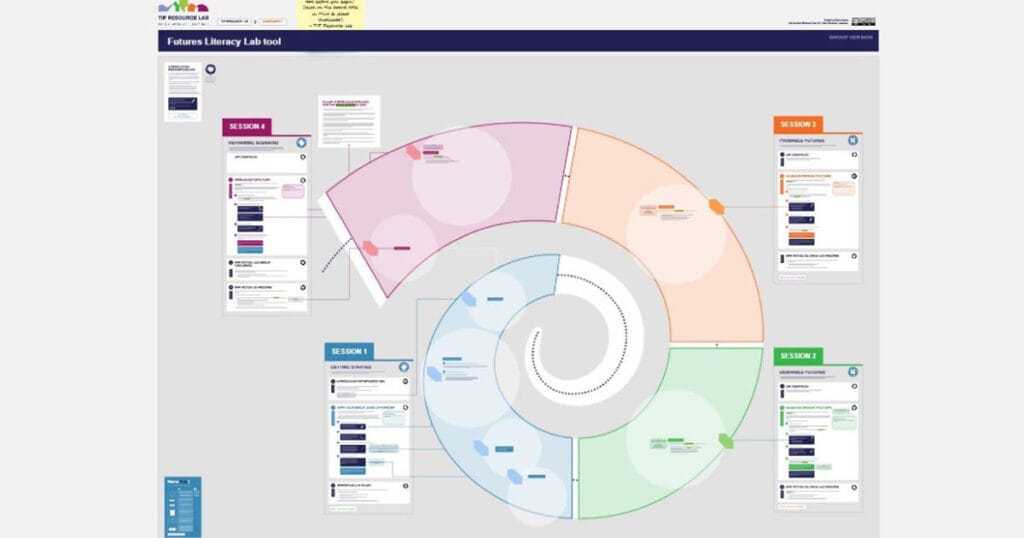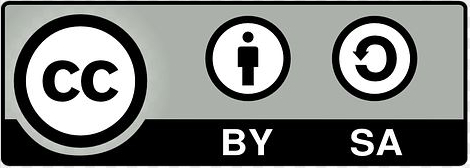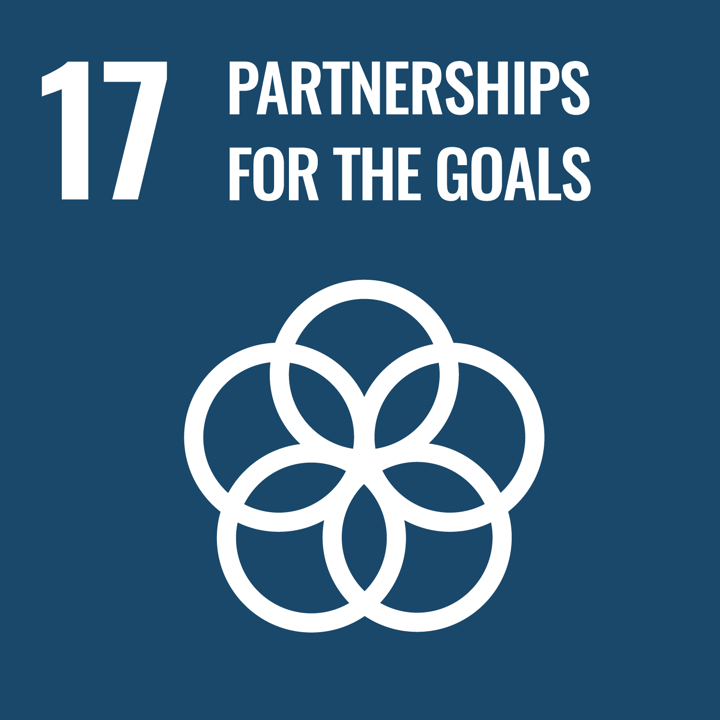
Avsedd slutanvändare: Lärare
Åldersgrupp: Högstadiet; gymnasiet
Läroplan för skolan: Social & Environment Science; Languages; Arts; Applied Science
Teman och ämnen: Futures Thinking; Information & Knowledge
Varaktighet: 4 session (3 x 90 mins and 1 x 120 mins)
Typ av resurs: Guidelines & Notes, Lesson Plans, Online Tool, Workshop
Nyckelord: Futures Literacy, Imagination, Workshops, Online Tool, Student-Centred Learning
Språk: engelska: Engelska
Beskrivning
Den Futures Literacy Lab was created by the Transformative Innovation Policy Consortium (TIPC), a multi-country initiative dedicated to how policymakers, academics and funding agencies can orientate science, technology and innovation towards transition and a more sustainable future.
This tool guides participants through a Futures Literacy Lab, a practical method to help us reveal, reframe and rethink the assumptions we use to imagine the future. It draws on TIPC’s Nordic members’ experience of running a Lab in partnership with UNESCO and The Nordic Institute for Studies in Innovation, Research and Education in 2021.
Participants in the Lab will exercise their imaginative capabilities and play with their images of the future. The point is not to predict the future, but to explore different stories about it, and to use these stories to reflect on our preconceptions about social, cultural, economic, environmental and technological drivers.
This is a capacity development activity and may lead to second order learning in relation to the assumptions and underlying beliefs influencing a TIP theory of change.
Så här använder du den här resursen
The tool is for use by participants during a facilitated workshop series. It is not designed to be self-facilitated and requires (a) one lead facilitator, (b) a team of small group facilitators, and (c) a group of participants, some of whom will act as rapporteurs.
If you are preparing to facilitate the sessions, please refer to the guidance for facilitators and the slides introducing the Futures Literacy Lab methodology.
Resurserna
Futures Literacy Lab Guidance for Facilitators PDF:
The Tool: Future Literacy Lab and supporting resources can be accessed on the TIP Resource Lab website (here).
Other Futures Literacy resources hosted by the TIP Resource Lab can be accessed here.
Den UNESCO Futures Literacy & Foresight website provides additional information and resources to understand the importance of futures literacy in preparing recovering and inventing is the face of change.
Lärandemål (lärare)
- Ta reda på förkunskaper och vidareutveckla kunskapen om och förståelsen för viktiga nyckelbegrepp inom hållbart medborgarskap genom att utmana etablerade världsbilder och värderingar.
- Tillämpa en rad lämpliga verktyg och ramverk för att främja studenternas hållbarhetsmedborgarskap
- Reflektera över praxis och granska nationella läroplaner för att identifiera möjligheter att främja hållbarhetsmedborgarskap på tvärvetenskapliga sätt och samarbeta med externa intressenter.
- i samarbete syntetisera kunskap, verktyg och ramverk för att skapa utbildningsmaterial och lektionsplaner som är anpassade till deras eget lokala sammanhang
- Genom workshopaktiviteter och praktikgemenskaper bygga upp kapacitet och handlingsutrymme som utbildare och ledare inom hållbarhetsmedborgarskap.
Gröna kompetenser
- Förankring av hållbara värderingar: Värdering av hållbarhet
- Att ta tillvara komplexitet inom hållbarhet: Systemtänkande; kritiskt tänkande; problemformulering
- Att föreställa sig en hållbar framtid: Framtidskunskap; anpassningsförmåga; utforskande tänkande
- Agera för hållbarhet: Kollektivt agerande; individuellt initiativ
Creative Commons

The Resource Lab was created by the Transformative Innovation Policy Consortium (TIPC), a multi-country initiative dedicated to how policymakers, academics and funding agencies can orientate science, technology and innovation towards transition and a more sustainable future. The resources are shared here under Creative Commons License 4.0 Attribution and ShareAlike and with kind permission from TIPC.
Globala mål för hållbar utveckling



